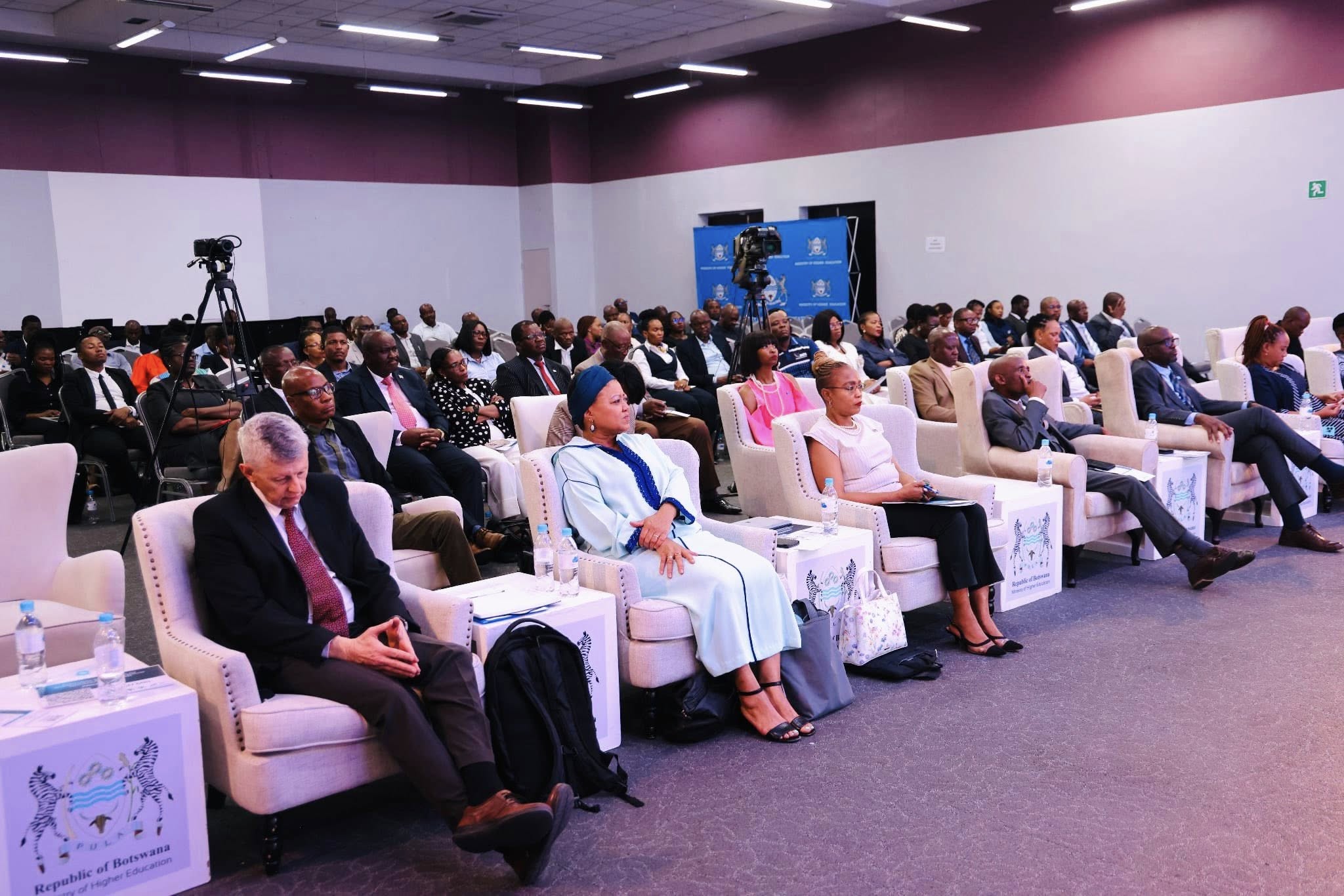
About the HRDC
The Human Resource Development Council (HRDC) was established by the HRDC Act No 17 of 2013 which became effective on the 8th November, 2013. In a supervisory capacity and acting as Government’s advisor on human resource development, the HRDC provides a platform for the Public Sector, Private Sector and Civil Society to act in concert to drive the National Human Resource Development Strategy (NHRDS).
Specifically, HRDC coordinates efforts by all parties to study Botswana’s education and skills development mechanism, assesses its impact on national priorities, identifies barriers to effective delivery of the NHRDS and mutually agrees on targeted solutions that should be implemented in the short, medium and long term in alignment with the strategic intent (as pronounced in the NHRDS).
Our Services
-
 Work-Place Planning and Learning (WPL)
Work-Place Planning and Learning (WPL)
-
 Human Resource Development Fund (HRDF)
Human Resource Development Fund (HRDF)
-
 Human Resource Development Planning (Skills Plans)
Human Resource Development Planning (Skills Plans)
 Work-Place Planning and Learning (WPL)
Work-Place Planning and Learning (WPL)
Work-Place Planning and Learning (WPL)
The Human Resource Development Council (HRDC) has a responsibility to advice on the Management and Planning of Workplace Learning and reimbursement of employers through the Human Resource Development Fund.

 Human Resource Development Fund (HRDF)
Human Resource Development Fund (HRDF)
Human Resource Development Fund (HRDF)
The Human Resource Development Fund (HRDF) is a training fund that has been established for skills development in the country. It is operated through a levy grant system in which companies pay a training levy into the Fund. The levy payers (employers) train their citizen employees and are reimbursed for costs they incurred for training.

 Human Resource Development Planning (Skills Plans)
Human Resource Development Planning (Skills Plans)
Human Resource Development Planning (Skills Plans)
Workplace learning means structured skills training and development strategies that are provided at the workplace. These may include but not limited to; apprenticeship, learnership, traineeship and internship.


HRDC Mandate
HRDC Objectives:
- Provide policy advice on all matters of the National Human Resource Development
- Co-ordinate and promote the implementation of the National Human Resource Development Strategy.
- Prepare the National Human Resource Development Plans; and
- Plan and advice on tertiary education financing and workplace learning.









